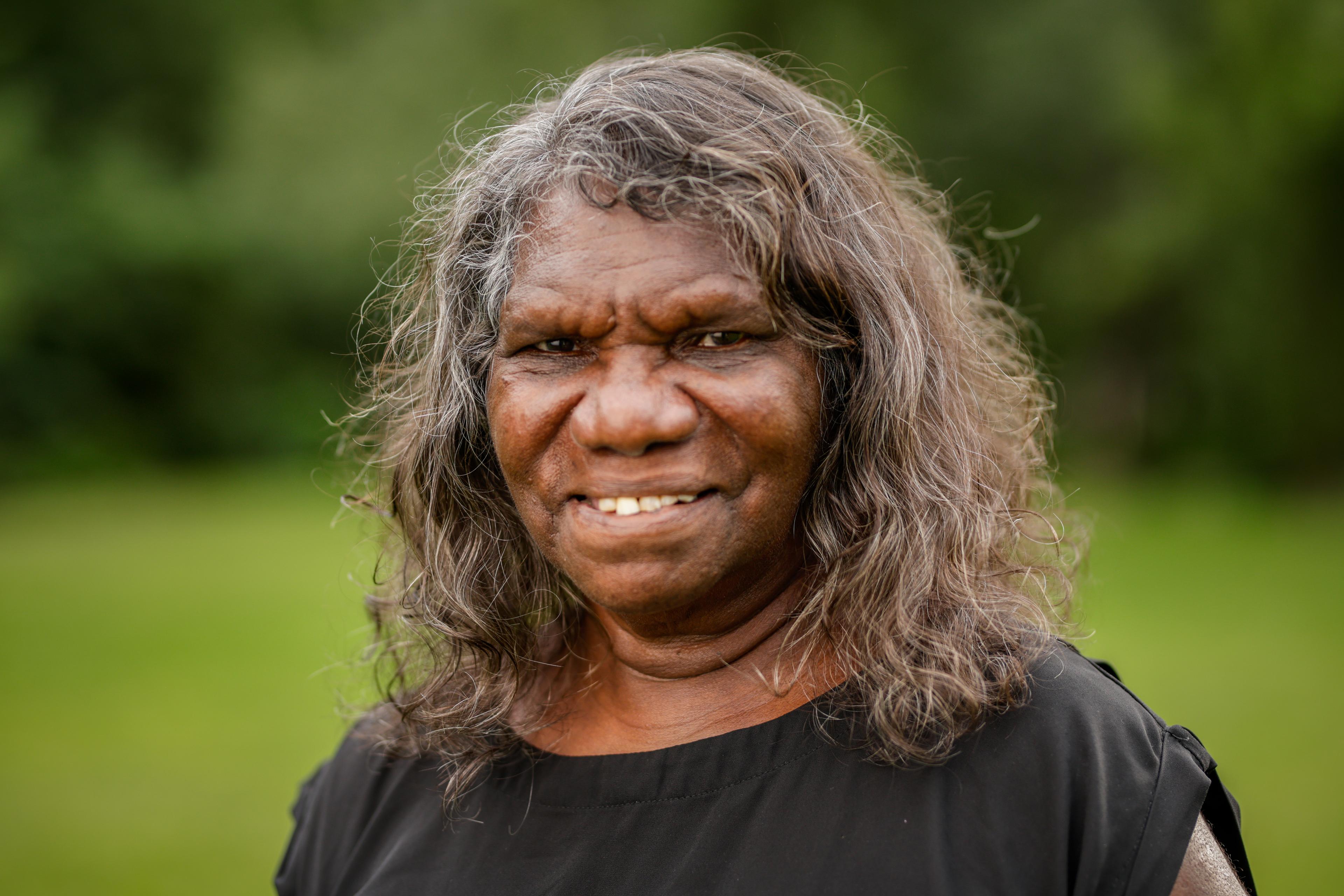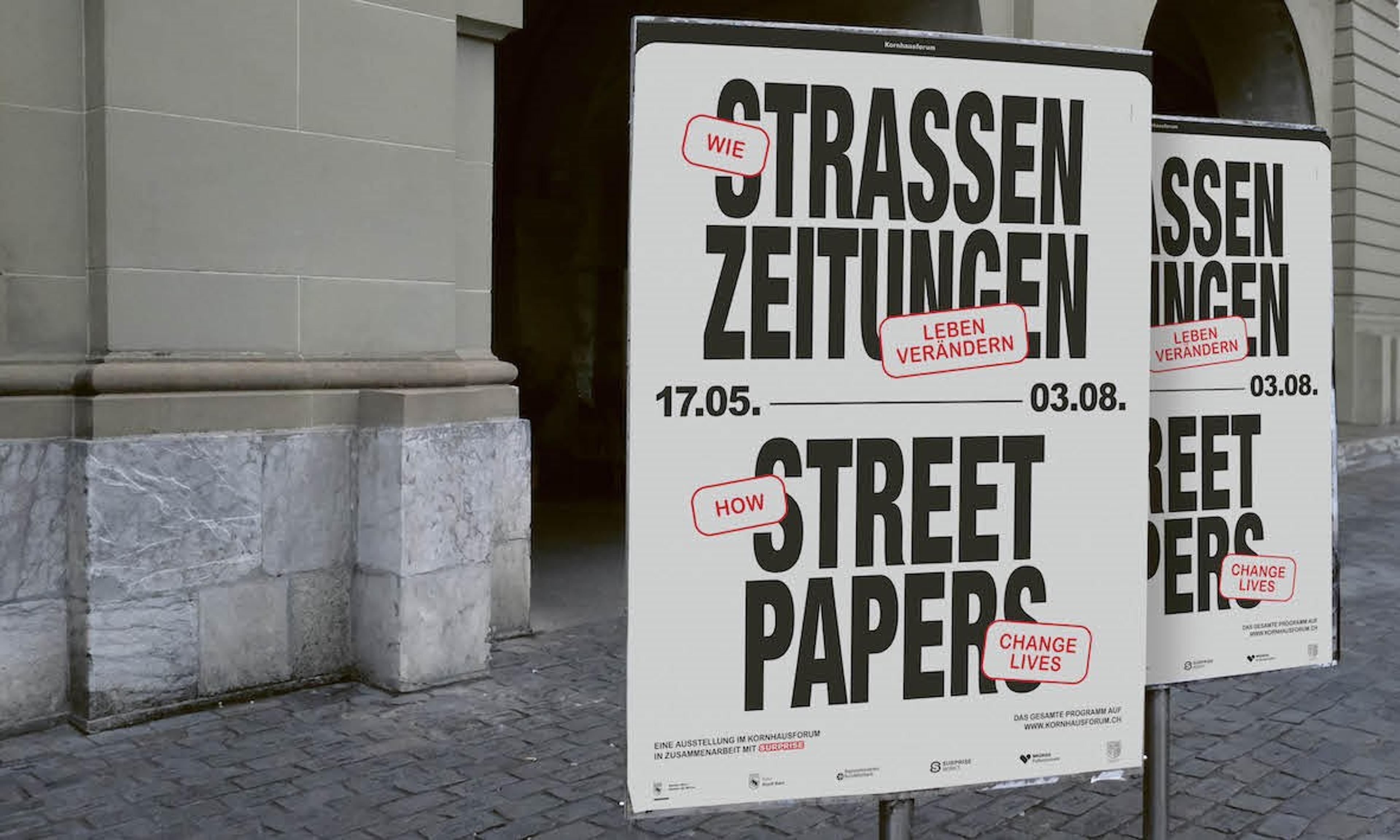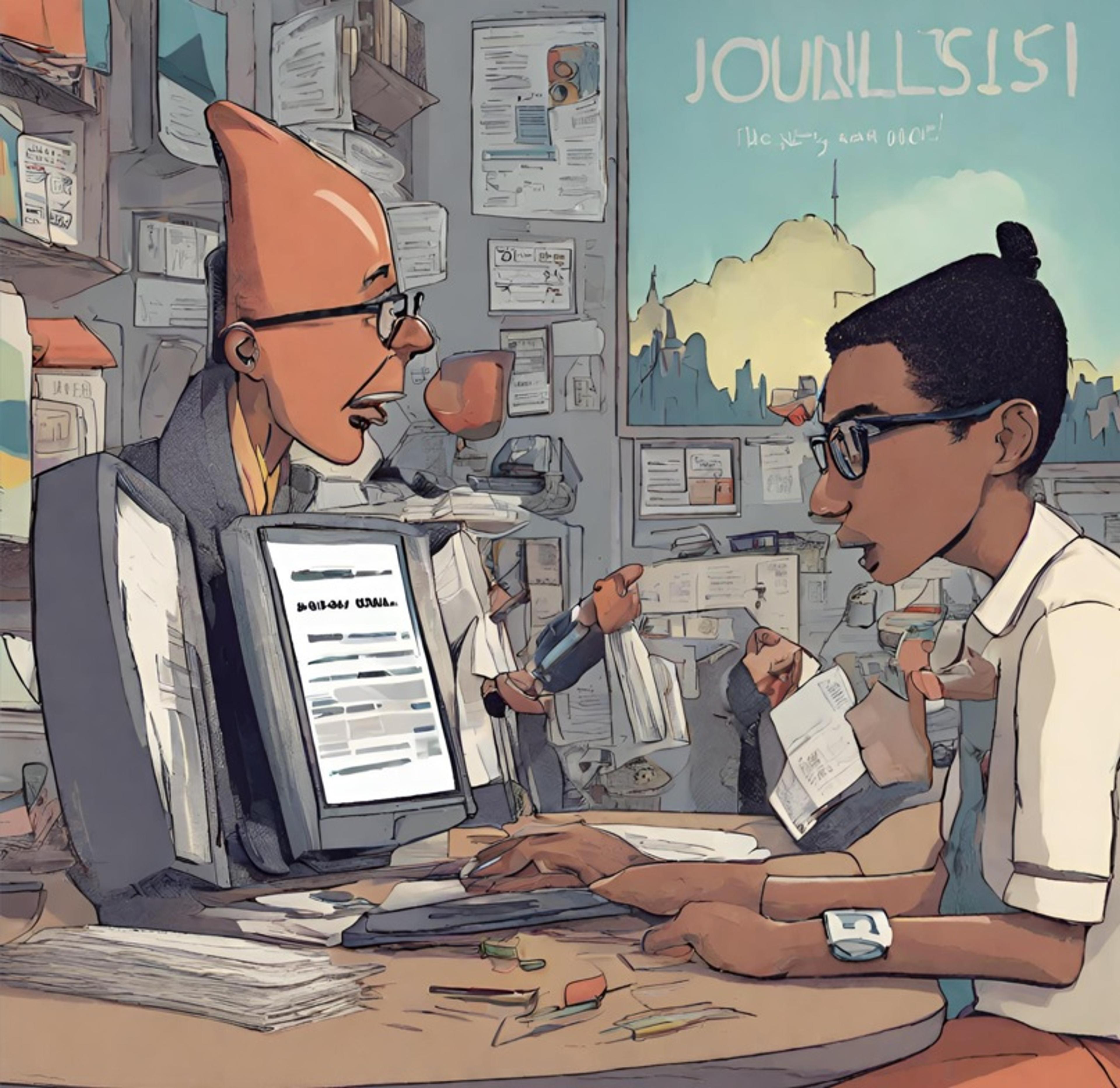Entrant psychologists help people experiencing homelessness in Hungary
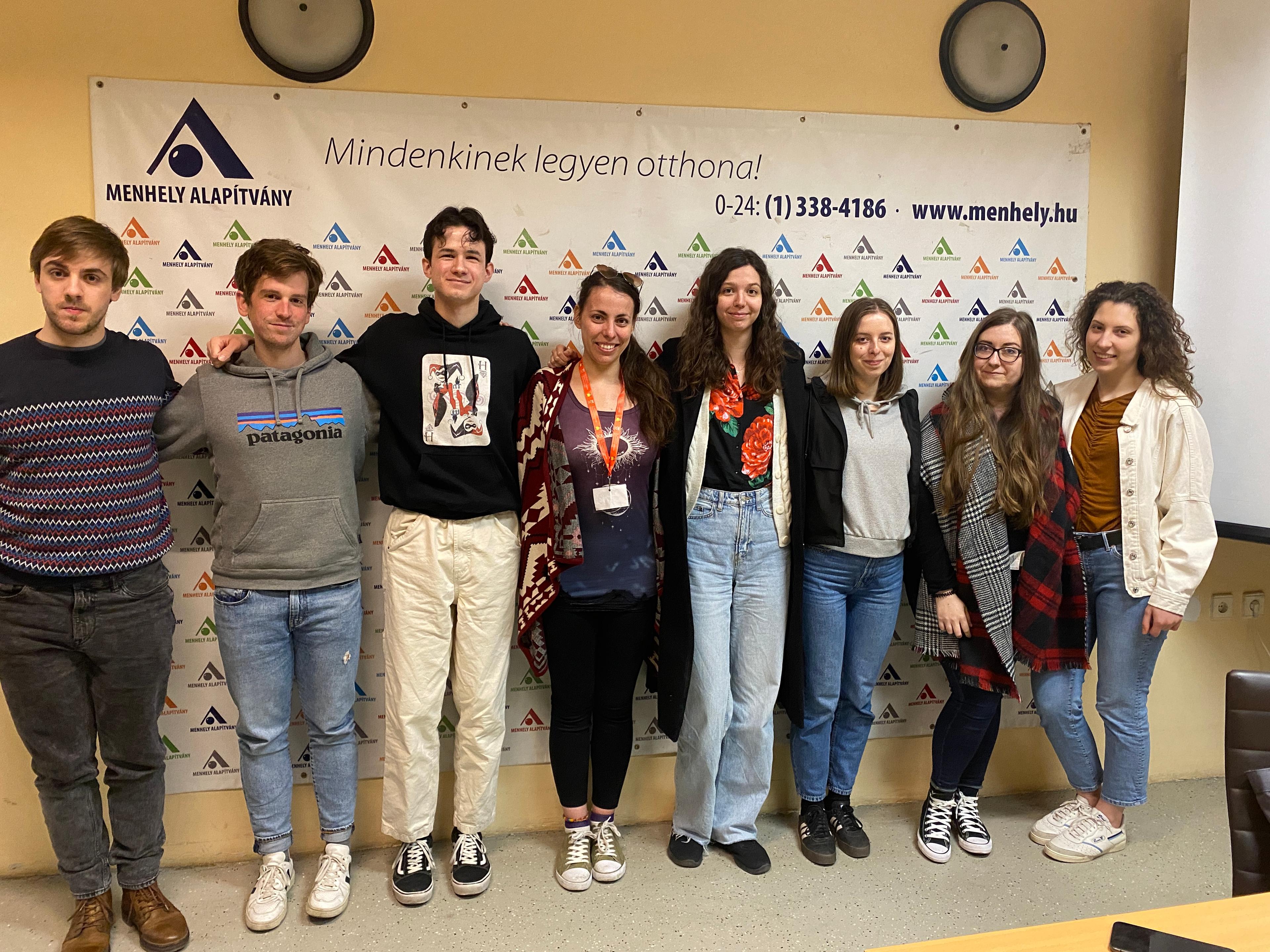
Fedél Nélkül
By Orsolya Pesthy
- Opinion
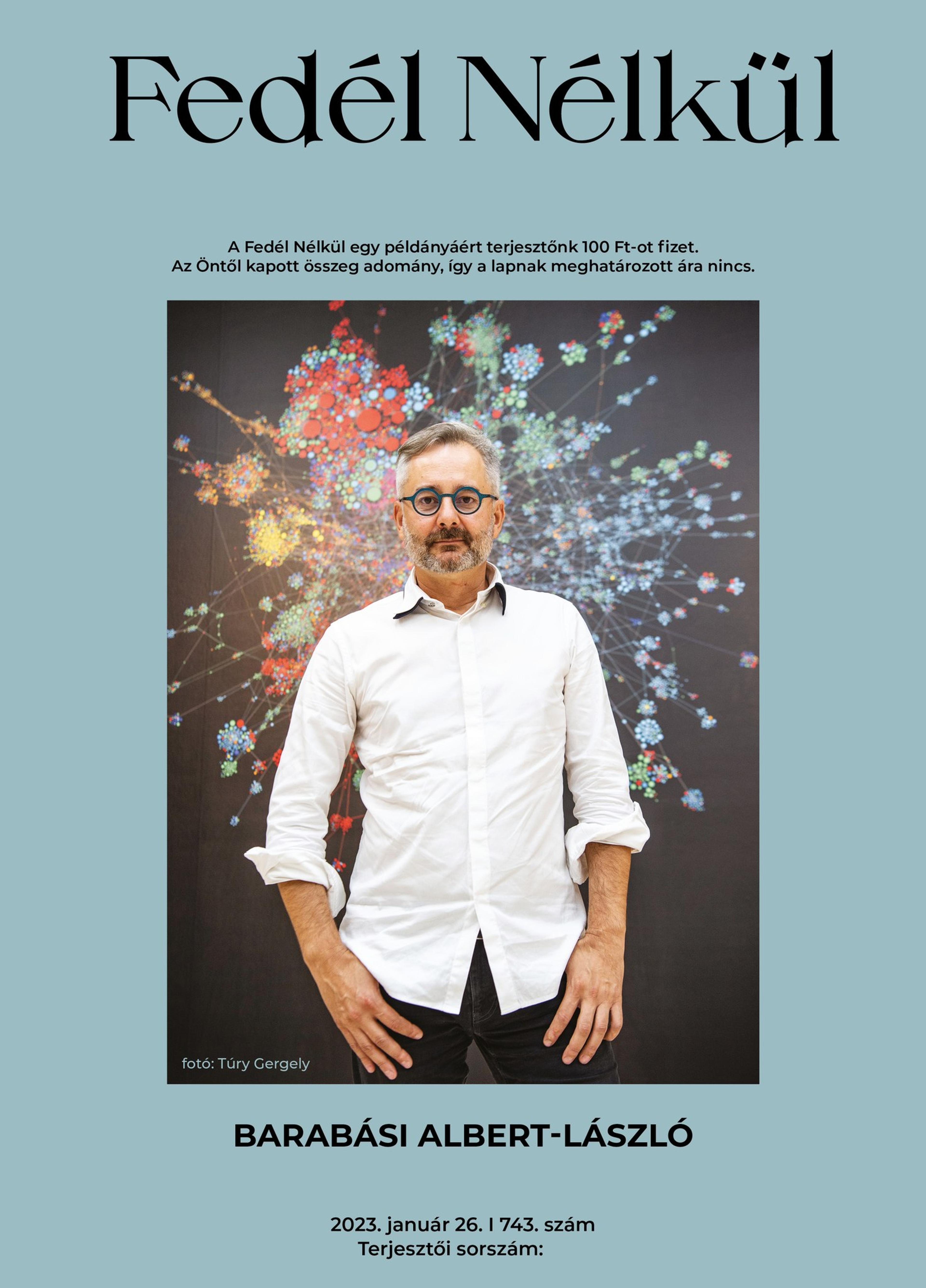
Graduate psychologist Orsolya Pesthy shares her experience.
This is one of those rare stories where everyone wins. This does not happen often – especially in Hungary’s social support system.
The idea of the Shelter Foundation Psychology Project was born in December 2021. The volunteer coordinator of the Foundation and I were packing canned beans at a food drive for the Shelter Foundation, and I was complaining about how hard it is to gain professional experience as a young psychologist. In Hungary, after your master’s degree, you are allowed to work only under supervision – which costs a lot of money. I could see the puzzle coming together in her mind: she had a client who had experienced homelessness and was keen to see a psychologist. Do I want to be his psychologist, she asked? Sure, I said, if she could get me a supervisor.
She did find a supervisor, who herself has worked with homeless clients for years. So, in 2022, I started my volunteer psychologist work at the Shelter Foundation, which lasted for two years, then only with myself as the only provider. However, we also saw that to be sustainable in the long term, we needed to expand the project. We needed, more volunteers and of course money.
We applied for a grant from the European Union Solidarity Corps– and we received it! The Shelter Psychology Project launched in early 2023. Nine volunteer psychologists and psychology students, including me, have volunteered to provide supportive conversations to clients experiencing homelessness. Now, on the first anniversary of the project, we have met with 25 clients in a total of 130 sessions so far.
Of course, the numbers don’t describe what it’s like to work on this project. Even I didn’t know how much I was going to learn when I started – professional skills, interpersonal skills and self-awareness. In our group supervision sessions and while working with clients, the things I had learned at university became real. We learn the theory at the university, but there’s no time and space to practice enough to automatise psychological skills. For example, it was during the Psychology Project that I learned how to reflect the client’s words in a way that really helps and deepens the conversation, and I automatised a deep level of self-reflection that is key to working as a psychologist. My professional identity was formed here. I can say on behalf of my eight peers that we have become more and more confident in the supportive conversations from session to session.
I don’t want to hide the fact that this is a tough field for a beginner psychologist. Are you familiar with the meme of two men smoothing freshly poured concrete in one frame, and a cat walking across it in the next, leaving footprints in their work? It feels a lot like that, working with people in such difficult circumstances. We can offer support for 50 minutes per week, but then the client goes back to their life. Many of them struggle to meet their most basic needs on a daily basis. Often, the social environment around them implies the opposite of what we try to convey as helpers – that our clients are valuable people with a wealth of resources at their disposal. We are trying to help at the higher levels of the Maslow pyramid while the bottom is shaky. You can’t work miracles, and you have to be very conscious of reframing the concept of success. Because there is success, too.
I got a lot from the project as a person as well. It was inspiring to experience the resilience with which our clients live their daily lives – to see that there is a way out even in terribly difficult situations. I understood in depth what I have already known – that the solutions that work in my life are not universal – so it is vital to just let the other person guide you in their own world. I also learned a lot about how to be aware of my boundaries: what is my responsibility to the other person and what is not; what fits into my life now and what doesn’t.
Speaking of which, the Psychology Project will continue in 2024, but without me – for now. I would love to return later, with more professional and life experience and more qualifications. This clientele is very deserving of help from beginners, but it would be best to have more experienced riders in the field. Hopefully, that will include me in a few years.
I encourage all similar institutions to start a project like that – and I encourage colleagues (beginners and black belts) to engage in this field. This is a space where everyone can develop with the clients. It’s a wonderful, difficult field. Like finding flowers in the desert.
Courtesy of Fedél Nélkül / INSP.ngo
